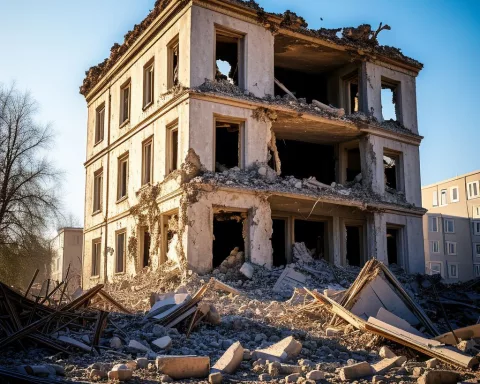In 2019, President Cyril Ramaphosa launched a “massive reading campaign” to ensure that every ten-year-old in South Africa can read for meaning within a decade. Despite the Department of Basic Education’s claims of success, recent investigations reveal a different reality.
Alarming Literacy Rates
In 2016, 78% of South African ten-year-olds couldn’t read for meaning. Although literacy rates had improved since 2006, experts predict a significant drop, with the Progress on International Reading Literacy Study (PIRLS) results expected on 16 May. The Covid pandemic has been blamed for the decline in reading outcomes; however, investigations by Viewfinder and GroundUp reveal serious failures within the Department of Basic Education.
The National Reading Plan’s Failure
Upon closer examination, the National Reading Plan lists 47 activities under ten thematic areas, with annual targets from 2019 to 2024, but lacks information about implementation, accountability, and funding. The provincial departments’ progress reports reveal a lack of coordination, confirming that no “massive reading campaign” is underway in South Africa.
Weaknesses in Monitoring and Evaluation
The Reading Panel 2030, a civil society organization monitoring the plan’s progress, criticized it for lacking a proper monitoring and evaluation framework. This framework would have provided a model for implementation, accountability, and a rationale for achieving desired outcomes.
A Revised Plan in Progress
Stephen Taylor, the department’s head of research monitoring and evaluation, defended the plan, stating that its weaknesses weren’t an abject failure due to its timing, just before the pandemic. He mentioned a new revised plan in progress to bring better coordination to the sector.
Importance of Clear Objectives, Accountability, and Coordination
The current state of the National Reading Plan shows the importance of clear objectives, accountability, and coordination to address the literacy crisis in South Africa. The revised plan may bring improvements, but monitoring and evaluation frameworks are crucial to ensuring effective implementation and achieving desired outcomes. Stakeholders must collaborate to address education disparities and work towards a reading campaign that benefits South African children.












